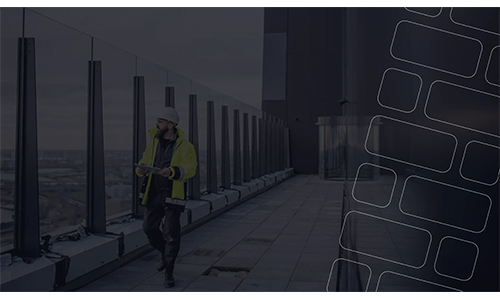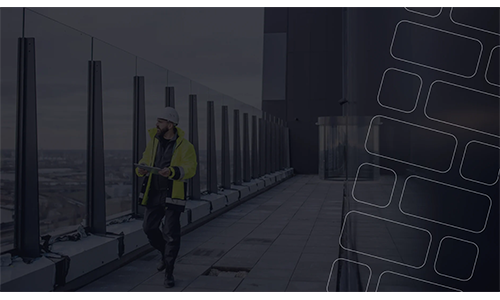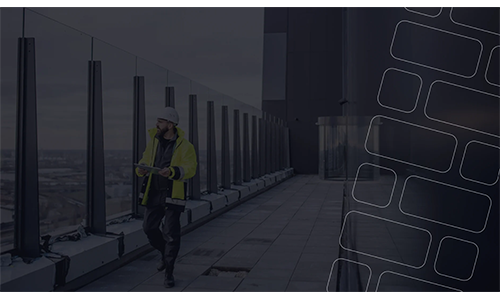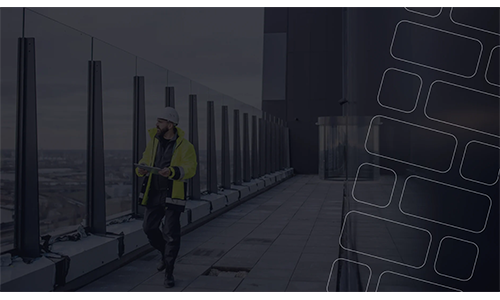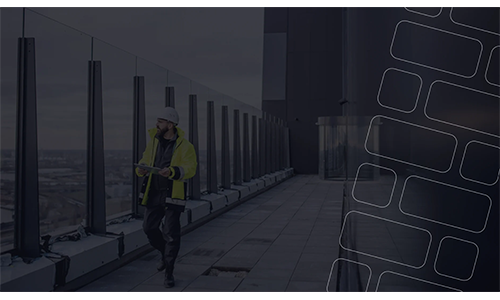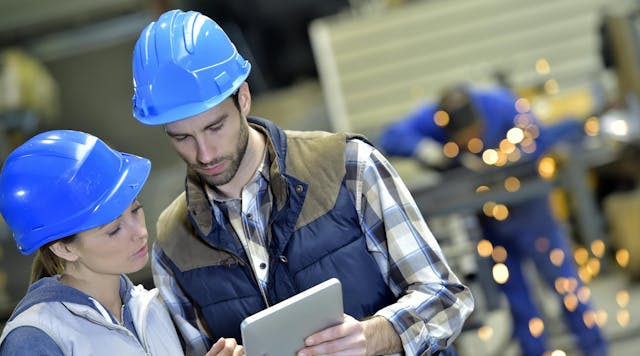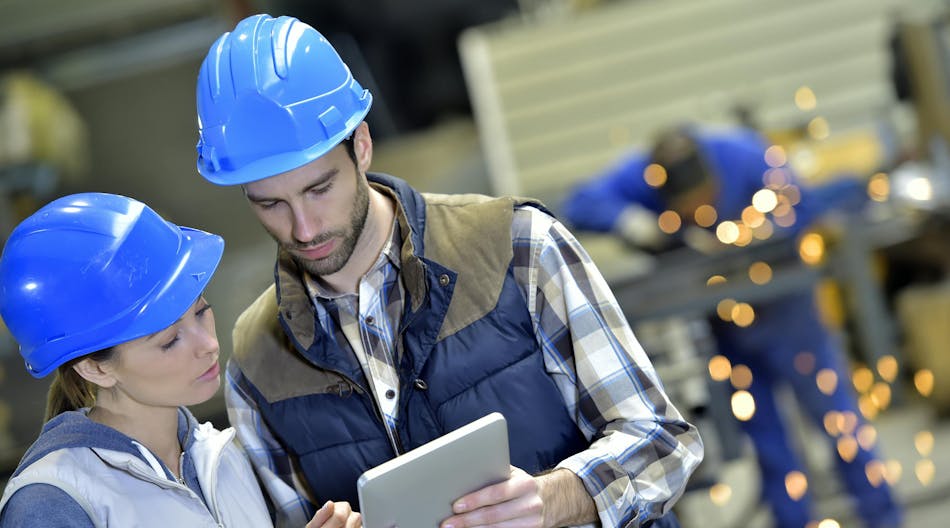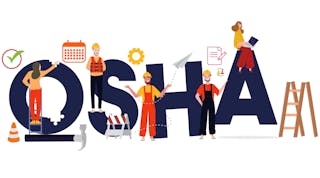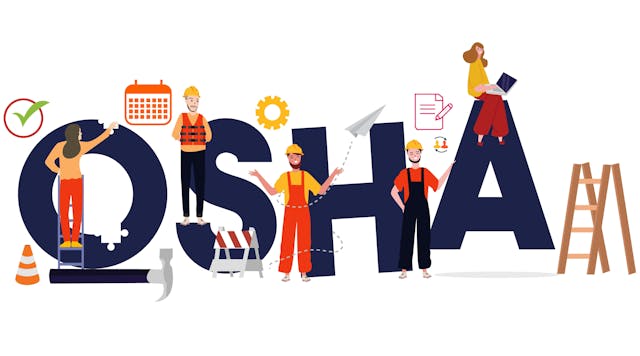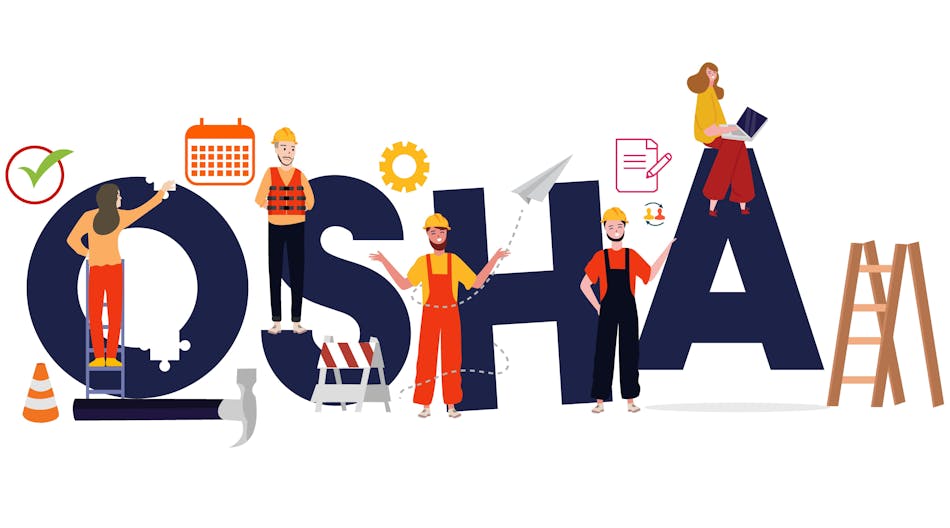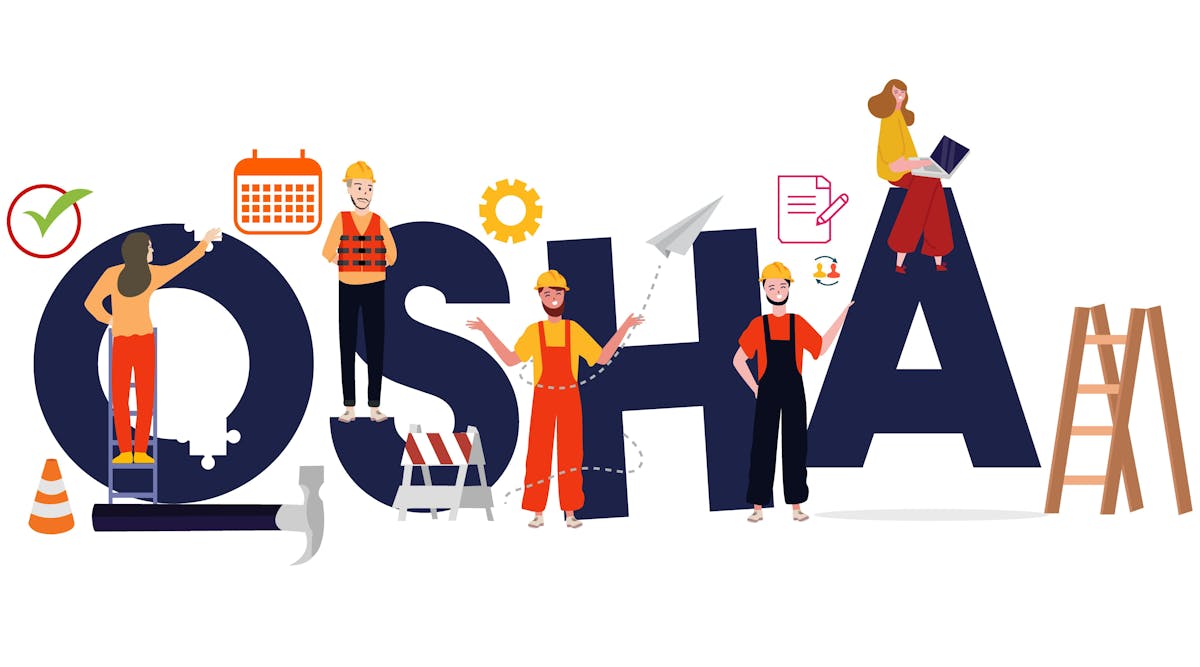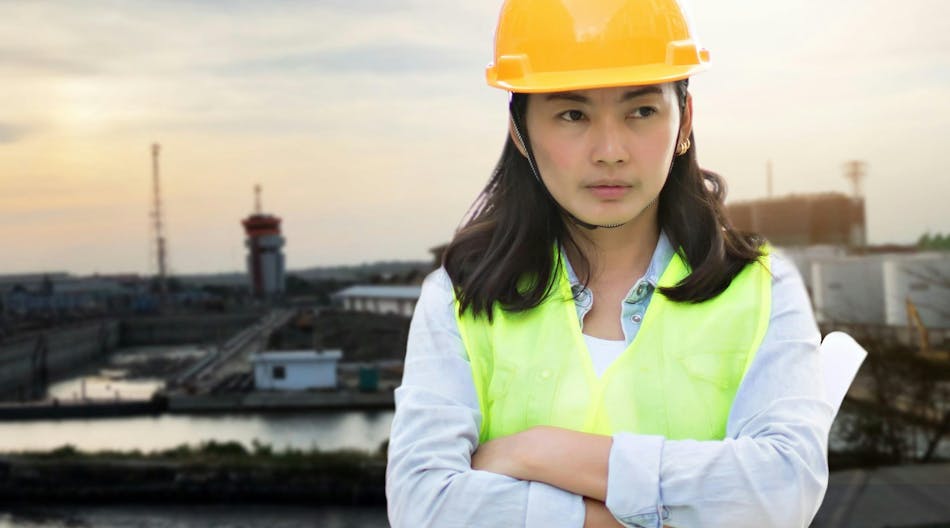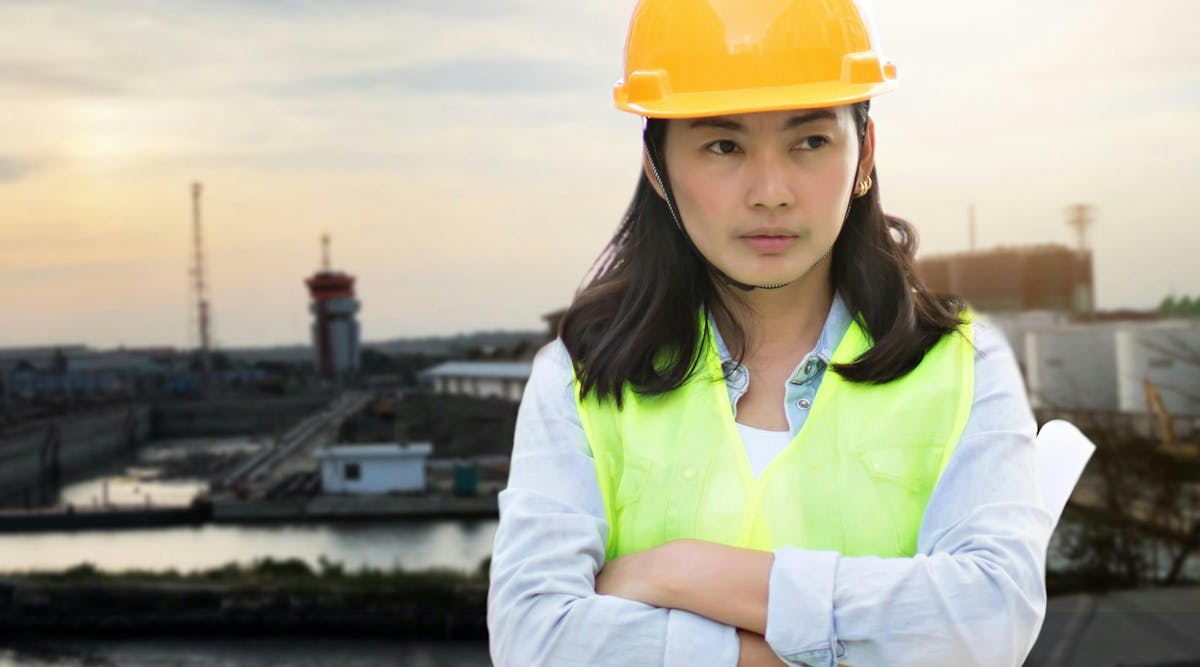This week, time seems to have sped by and also slowed like it did in middle school. We’re hoping this means we’ve found ways to enjoy ourselves and throw ourselves into our endeavors, be they splashing in the lake or finding ways to keep workplaces safer.
While the pace seems to have dropped to a pleasant amble, know that EHS Today editors are working on a number of current and new initiatives. We’re excited to share more details with you. Keep your eyes peeled for our 2022 National Safety & Salary Survey and be sure to register for the free webinar on Aug. 15, where we will be discussing the findings in greater detail.
Until next time, stay safe, healthy and hopefully happy!
When Life Gives You Lemons
We’ve read a lot (and shared some of our findings) about climate change with you here. One story that caught our attention of late is about lemon groves on the Amalfi Coast.
On the surface, it’s a sweet story about how some farmers are carrying on the ancient tradition—and living out the pastoral life—on the Mediterranean. But it’s more than that. It’s about how our choices, and more importantly our decisions about how we live our life, have lasting consequences.
Growing sfusato lemons was once a way of life for many along the coast, but lemon groves have been declining for the past 60 years, and that’s causing disruption as well as making the region more vulnerable to climate change.
The architecture of the lemon groves help protect the coastline from deterioration and environmental disasters, says an architect and researcher. Even something seemingly innocuous as switching from using a local limestone to cheaper cement to create walls in the groves can prevent drainage and lead to landslides.
"Everything works perfectly in synergy with the land,'' says Salvatore Aceto, whose family has been growing lemons on the coast in the same way since the 1800s.
Read more about the tradition of growing sfusato lemons here.
A Reverse Course on Climate Change
For months, it seemed that a key piece of President Joe Biden’s agenda was dead in the water. Then came a surprise: an agreement between Senate Majority Leader Chuck Schumer and Sen. Joe Manchin.
The newly named Inflation Reduction Act of 2022 omits many points of Biden’s original proposal, the Build Back Better Act. Still, the bill would lower health care costs, reduce the deficit, revise the tax code and combat climate change—notable since the U.S. Supreme Court’s recent ruling curbed the agency’s ability to regulate greenhouse gas emissions.
The spending deal includes the largest investment to combat climate change in history. Legislators and policy experts are still working their way through the bill’s 725 pages, but we will likely hear more in the coming days.
The news caught many folks off guard, but the Inflation Reduction Act’s future is not certain. Schumer can use the budget reconciliation process that will only require a simple majority but shoring up 51 votes may prove a challenge for Schumer.
Still, the past few days are evidence that Washington is full of surprises. For example, after months of little action, both chambers of Congress have passed the Chips and Science Act to boost U.S. semiconductor production; the legislation now heads to Biden’s desk.
Read more here.
How Are You?
A 2019 survey from EY found that more than 40% of U.S. respondents felt physically and emotionally isolated in the workplace. Those feelings applied across generations, genders and ethnicities.
That number has presumably skyrocketed since the COVID-19 pandemic started.
The survey authors noted that people want to belong and look for connections. People spend a good portion of their time at work, so creating a culture of belonging is both good for workers and good for business. Research from the Center for Talent Innovation found that when people feel like they belong at work, they are more productive, motivated, engaged and 3.5 times more likely to contribute to their fullest potential.
Fortunately, it can be easy to create a culture of belonging. Nearly four in ten (39%) of survey respondents reported they feel the greatest sense of belonging when their colleagues check in with them, professionally and personally. That individual outreach is key, as respondents said that being they were less moved by invitations to big or external events or presentations from senior management.
EY offers five tips to get started. The most important first step? Determining the best way to engage with colleagues. Here, best is a relative term and should be guided by employees’ communication preferences and overall needs. And, in the process of learning about someone else, you just may learn something about yourself and the world around you.
Read more here.




















